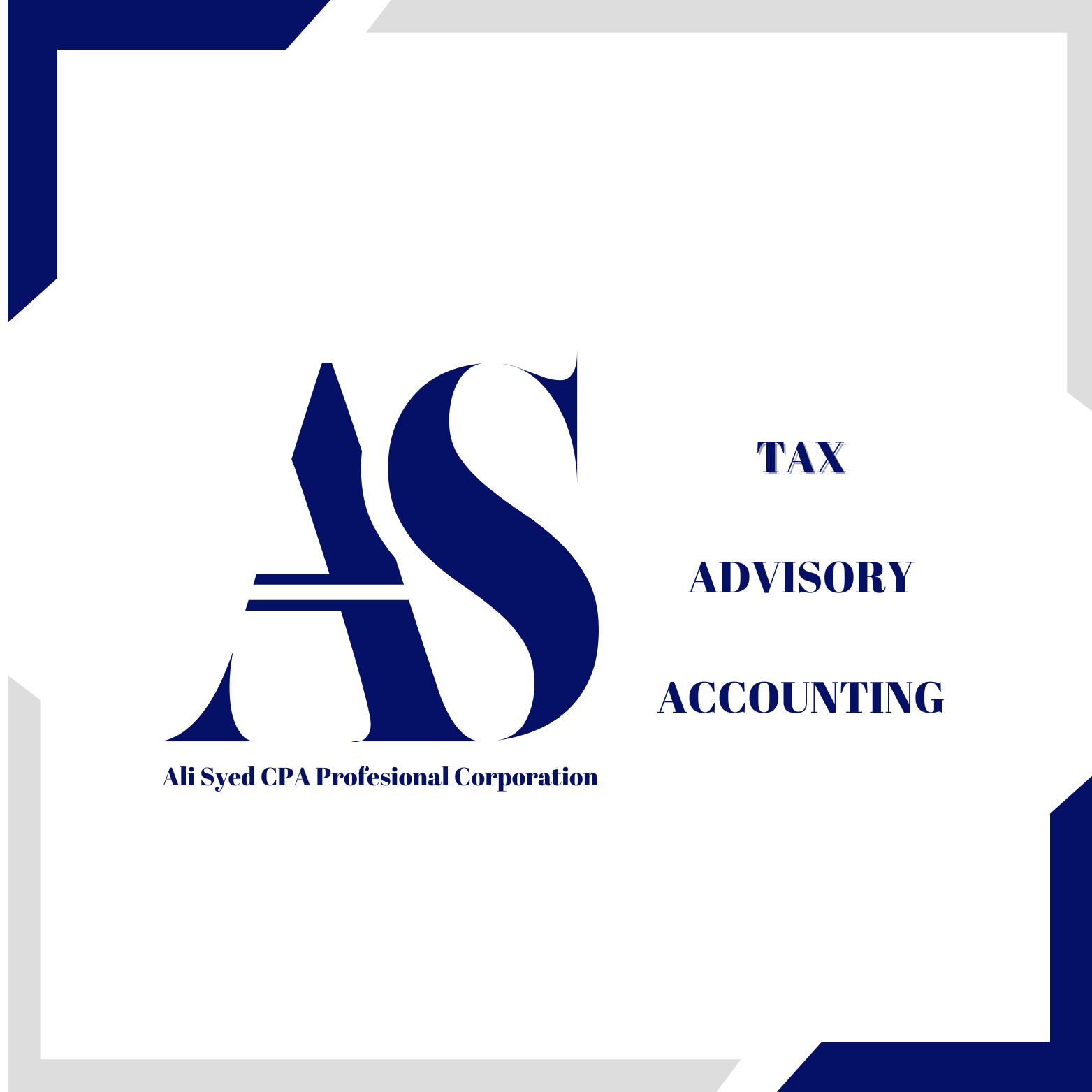Congratulations! You’ve launched your dream business in Oshawa. As you navigate the exciting world of entrepreneurship, tax season can quickly become a daunting prospect. Unlike salaried employees, Oshawa business owners have a more complex tax situation. To avoid a stressful tax scramble and potential penalties, understanding common pitfalls is crucial.
This blog post highlights several tax mistakes Oshawa entrepreneurs can steer clear of to ensure a smooth tax filing process.
-
Neglecting Proper Record Keeping
Failing to maintain organized business records is a recipe for tax trouble. The Canada Revenue Agency (CRA) requires meticulous documentation to verify income and expenses. For Oshawa entrepreneurs, this means keeping receipts, invoices, bank statements, and digital records meticulously.
Solution:
- Implement a bookkeeping system, whether paper-based or digital.
- Categorize receipts and invoices by expense type.
- Utilize accounting software specifically designed for small businesses.
- Regularly back up your digital records to prevent data loss.
-
Mixing Personal and Business Finances
It’s tempting to use the same bank account for personal and business transactions, especially in a start-up phase. However, this commingling of funds makes tax filing a nightmare and can lead to missed deductions.
Solution:
- Open a dedicated business bank account to track income and expenses.
- Use a business credit card for all business purchases.
- Maintain a clear separation between personal and business finances.
-
Not Taking Advantage of Deductible Expenses
Many business expenses are tax-deductible, significantly reducing your taxable income. Oshawa entrepreneurs can deduct legitimate costs like rent, office supplies, marketing materials, travel related to business, and professional fees.
Solution:
- Familiarize yourself with the CRA’s list of deductible business expenses https://www.canada.ca/en/revenue-agency/services/tax/businesses/topics/sole-proprietorships-partnerships/business-expenses.html.
- Save all receipts for eligible expenses.
- Consult a tax professional to ensure you’re maximizing available deductions.
-
Ignoring Tax Deadlines
Missing tax filing deadlines can incur hefty penalties from the CRA. Oshawa entrepreneurs need to be aware of filing deadlines for corporate income tax (typically June 30th of the following year) and individual income tax (April 30th of the following year).
Solution:
- Mark all tax filing deadlines on your calendar well in advance.
- Consider filing for an extension if unavoidable circumstances prevent timely filing.
- Utilize the CRA’s online filing services for a more efficient process https://www.canada.ca/en/revenue-agency/services/e-services/digital-services-individuals/netfile-overview/certified-software-netfile-program.html.
-
Not Considering Tax Implications When Choosing a Business Structure
The structure you choose for your Oshawa business (sole proprietorship, partnership, or corporation) has significant tax ramifications. Each structure has distinct tax filing requirements and implications for personal liability.
Solution:
- Seek professional guidance from a tax advisor or accountant specializing in small businesses.
- Discuss your business goals and financial situation to determine the most tax-advantageous business structure.
-
Failing to Pay Taxes Throughout the Year
Entrepreneurs often fall into the trap of waiting until tax season to settle their tax obligations. This can lead to a significant financial burden at filing time.
Solution:
- Consider making quarterly installments to the CRA throughout the year to avoid a large tax bill at filing time.
- Explore prepayment options offered by the CRA https://www.canada.ca/en/revenue-agency/services/tax/businesses/topics/corporations/corporation-payments.html.
-
Going it Alone Without Professional Tax Support
Canadian tax laws can be complex, and navigating them independently can be overwhelming. Oshawa entrepreneurs can benefit immensely from the expertise of a qualified tax advisor or accountant.
Solution:
- Partner with a tax professional experienced in working with small businesses.
- A tax professional can guide you through tax planning strategies, ensure compliance with regulations, and maximize deductions to minimize your tax liability.
Conclusion:
By familiarizing yourself with common tax mistakes and taking proactive steps, you, the Oshawa entrepreneur, can approach tax season with confidence. Remember, proper record keeping, understanding deductible expenses, and seeking professional tax advice are essential for a smooth tax filing experience.
Oshawa Entrepreneurs Tax Advisory and Tax Planning
For Oshawa entrepreneurs seeking professional tax guidance, consider consulting a local tax advisor or accountant specializing in small businesses. They can provide tailored advice to optimize your tax strategy and ensure compliance with Canadian tax regulations.

